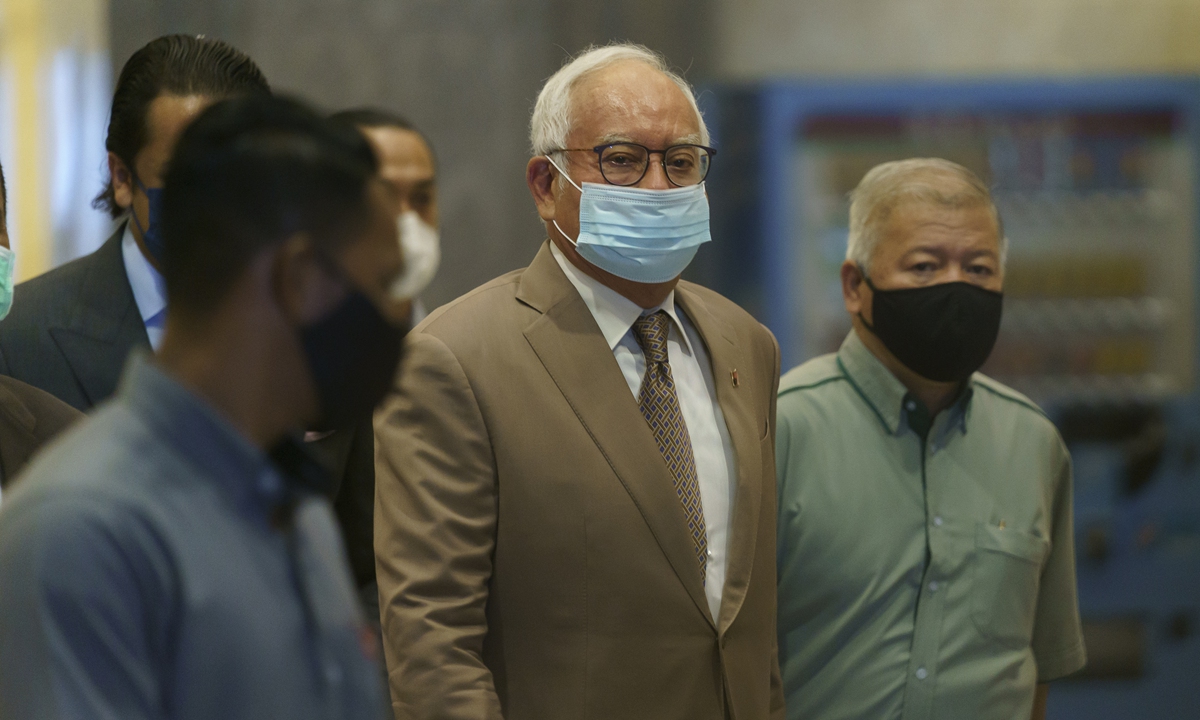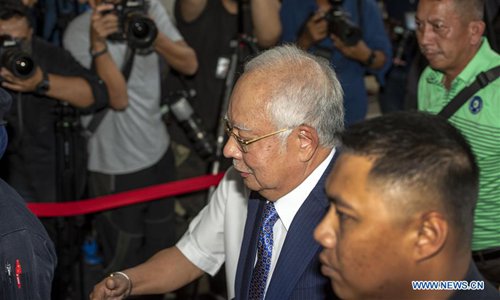Move to curb money laundering, terror financing activitiesThe Monetary Authority of Singapore may step up regulations to curb money laundering and terrorism financing risks posed by remittance agents, money changers and some Internet-based payment systems.
Controls on pawnbrokers and corporate service providers such as lawyers and accountants can also be improved, according to a government risk study released today. Singapore authorities are closely monitoring virtual currencies such as Bitcoins that may be used for illegal activities and will consider regulation if needed, according to the report.“Singapore’s openness as an international transport hub and financial center exposes it to inherent cross-border” money laundering or terrorism financing risks, according to the study. MAS “has put in place a robust preventive regime. Nonetheless, there are areas for further enhancement.”
The risk assessment study comes seven weeks after Singapore police and the bank association urged residents to be wary of fraudsters seeking to use their bank accounts to funnel illegal funds after an increase of reported cases last year.
Remittance agents, who accept funds for transfer to individuals outside Singapore, and money changers operate in “cash-intensive” industries and offer greater risks of money laundering or terrorism financing, according to report.
Total outward remittance from Singapore amounted to S$24.1 billion ($19 billion) in 2012, while inward remittances were S$995 million, the government said in the study. Volumes in the money-changing business that year were S$36.8 billion. The implementation of controls in these industries isn’t as robust as in banks and MAS will ensure “enforcement efforts are further stepped up,” according to the report.
More Powers The pawnbroking industry had total loans outstanding at over S$1 billion in 2012, the study showed. The number of pawn shops in the city increased to 191 that year from 114 in 2008.
MAS is also considering additional supervisory powers and requirements to bolster “nascent” money laundering and terrorism financing controls for Internet payment companies such as PayPal Inc. or Alibaba Group Holding Ltd.’s Alipay.
Agencies involved in the study included MAS, the customs bureau, the casino regulator, the finance, home affairs and law ministries, and the Accounting and Corporate Regulatory Authority.
Accountants and other corporate service providers can be exposed to money laundering and terrorist financing activities if higher-risk customers hire them to set up complex structures that conceal ownership and reduce the transparency of transactions, according to the study.
Tax Evasion Singapore’s central bank is stepping up its anti-money laundering rules in line with global regulations following U.S. authorities’ investigation of several Swiss banks for their dealings on behalf of American clients. MAS made it a crime last July for clients to use financial institutions to evade tax.
UBS (UBSN) AG and Credit Suisse Group AG, Switzerland’s largest banks, are among firms implicated in a U.S. crackdown since 2008 on offshore tax evasion that led to charges against about 70 American taxpayers and 30 bankers, lawyers and advisers.
The U.S. charged UBS in 2009 with aiding tax evasion by thousands of American clients. The Zurich-based bank avoided prosecution by paying a $780 million penalty, admitting it fostered tax evasion and agreeing to hand over data on client accounts to U.S. tax officials.
Private Banking Risks for private banks operating in Singapore are lower than those for full banks because they have fewer clients, less physical cash transactions and more checks when customers open accounts, according to today’s report. Singapore is Asia’s largest private banking center with offshore assets of about $800 billion, Boston Consulting Group data show as of September.
In Singapore, the number of reported cases of illegitimate cash being given to so-called money mules to hand over to a third party increased to 133 in the first nine months of last year, up from 93 for all of 2012, local police, the bank association and the National Crime Prevention Council said in November. The amount of illegal monies in those cases fell to S$15.5 million from 2012’s S$24.6 million.
- Contributed by Darren Boey in Hong Kong at
dboey@bloomberg.net; Sanat Vallikappen in Singapore at
vallikappen@bloomberg.netSingapore monitoring new forms of illicit financing
Asian financial hub Singapore on Friday said it was scrutinising trade in virtual currencies such as Bitcoin as well as precious stones and metals to forestall new forms of illicit financing by criminals and terrorists.
In an inaugural report on money laundering and terrorist financing risks, the city-state said these sectors were identified for further study "as technology evolves and criminals become more sophisticated".
"Authorities will seek to better understand how money laundering and terrorist financing can be carried out through these channels," said the joint report by the finance and home affairs ministries as well as the Monetary Authority of Singapore (MAS).
It said the government would "review international best practices, to determine whether any safeguards and mitigating measures are needed".
The report said virtual money and precious metal-backed currencies carry the risk of being abused due to their anonymity, cross-border nature and low transaction costs.
The MAS, which serves as the city-state's central bank, "is closely monitoring developments in this area and will consider the need for regulation if necessary", the report said.
Bitcoin, the world's most popular form of electronic money, made headlines last year when US authorities closed the Silk Road website when it was found the currency was being used to buy illegal drugs, forged documents, hacker tools and even the services of hitmen.
The report also said Singapore was monitoring the trade in precious stones and metals.
"There are international typologies on the use of precious stones and metals as a tool to launder money, particularly as a store-of-value to move illicit proceeds easily," it added.
The bank said of 22 sectors that were assessed, the city's vast financial sector remained among the most vulnerable to abuse owing to the large number of transactions that take place and its wide international reach.
Singapore houses the regional offices of some of the world's top financial institutions and its total assets under management are now around Sg$1.4 trillion ($1.02 trillion), according to the MAS.
The report said "relevant controls are in place" for financial institutions, including supervision by MAS, record keeping, transaction monitoring and rigorous customer due diligence measures.
It identified remittance agents, money-changers, Internet-based stored value facility holders, pawnbrokers as well as corporate service providers as sectors where "controls are relatively less robust".
"Relevant government agencies will be strengthening the legislative and supervisory framework through the year to address the risks in these sectors more effectively," it said.
"The possibility that terrorist elements may seek to direct funds from abroad to support terrorism activities in Singapore or use Singapore as a conduit for foreign (terrorist financing) cannot be discounted," the report said.
Singapore in 2001 said it crippled a cell of the Southeast Asia-based militant network Jemaah Islamiyah with the arrest of suspects linked to an alleged plot to bomb local and foreign targets including Changi Airport.
Officials say the island republic is a prime target for extremist groups because of its close ties with the United States and major role in global finance and business.- AFP






















